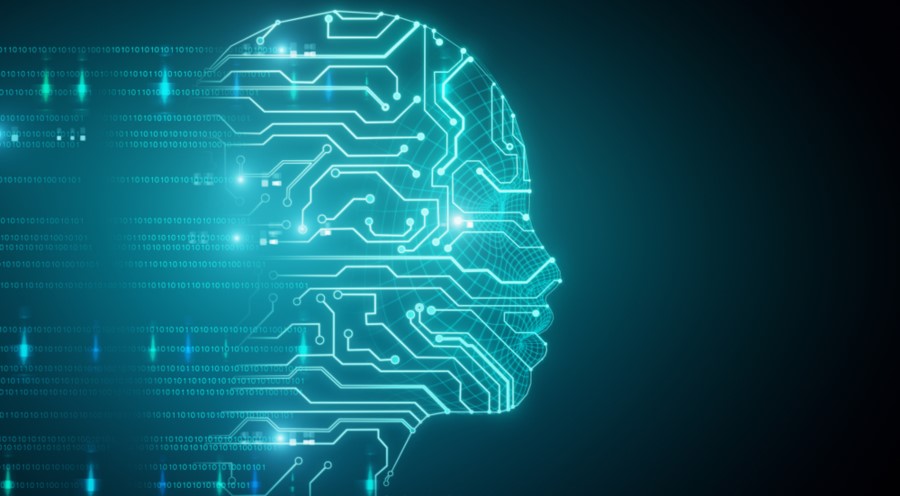The essential guide to new technology in reward and benefits

Do you remember the kids toy, Hot Wheels? In our household it usually culminated in toy cars flying around the room causing damage to walls and picture frames. Today’s Hot Wheels toy wouldn’t be complete without AI to help guide the car around the track to stop these accidents happening, but enabling you to go faster than ever. The AI will also control rival racers making them devious opponents who will stop at nothing to overtake you and create virtual hazards, like oil spills and tire blowouts.
The use of AI is only just getting going and HR professionals need to be aware how it is being used to make both our companies and employees’ lives better.
Hiring talent
Talent acquisition and retention remains a major challenge for HR professionals. How can we ensure that we hire the best available candidates rather than those who are the best CV writers or interviewers? Humans, despite our best efforts, are still affected by bias which can lead to unfair hiring practices. AI technology promises to streamline hiring by relying on impartial processing of data instead of on individual observations.
AI is immune to stereotyping and can be trained to impartially analyse data points in CVs and candidate backgrounds with performance in the role. Poor performance in the role will lead to a reweighting of data for subsequent selection thus improving the overall efficacy of the hiring AI.
Performance monitoring
Hedge fund Bridgewater Associates is building an AI that will not only monitor the performance of its employees and remunerate them appropriately, but will also make strategic decisions around the direction of the business. Founder of the company, Ray Dallio, suggests that in future HR roles will be less about making individual choices but instead, will be there to design the criteria by which the system makes decisions, intervening only when something isn’t working.
As we move into an increasingly datacentric world, the ability to analyse the data we collect and draw meaningful conclusions will be made simple by AI. HR will have better clarity when making performance-related decisions aiding governance with equality regulations.
Employee wellbeing
We are already seeing technology engage employees with their reward and wellbeing in ways we could not imagine a decade ago. At Wealth Wizards, smart wearable tech automatically monitors our daily activity and uploads it to leaderboards where we compete to be the most active team in the company.
IBM Research used machine learning and natural language processing to analyse the transcripts and audio from thousands of hours of interviews with people suffering from psychiatric disorders. IBM then used this data to train an AI that could look for trends in the data and help clinicians predict which individuals were susceptible to mental health conditions in the future, such as psychosis and depression.
In one study, the programme was able to predict with 100 per cent accuracy those individuals who would go on to develop psychosis in the following two and a half years. Expect tech like this to find its way into your wearable devices, which will recommend proactive treatment before health issues become more serious illnesses. These services will aim to reduce the 12.5 million days lost per year due to mental health issues.
When it comes to employee financial wellbeing we have seen huge leaps in the development of digital financial advisers. Financial advice, previously viewed as only for the rich, through the use of tech, is now affordable and accessible to everyone. Those receiving financial advice were shown in Royal London’s Pensions Through The Ages: Feeling The Squeeze (2016) research to increase the amount saved by £41,570. Improving financial behaviours through these services will radically change the outlook for many of those who are most in need of help with their finances.
Tech promises to radically change the working landscape and we can expect a large amount of disruption to traditional reward and benefit services. However, by embracing these new technologies and leveraging the increased capacity and decision making skills they can give us we can become far more productive and deliver more value to those who need it most.
This article was provided by Wealth Wizards.
Supplied by REBA Associate Member, Wealth Wizards Ltd
We are a technology company making expert financial advice accessible and affordable to everyone.







